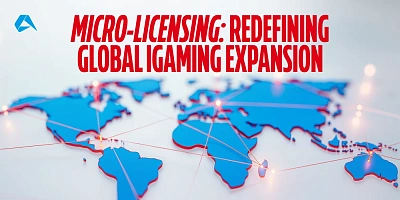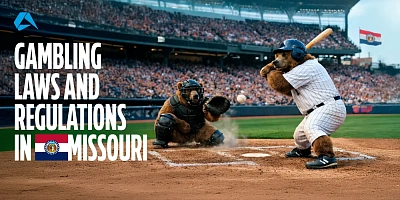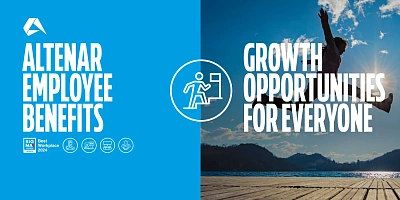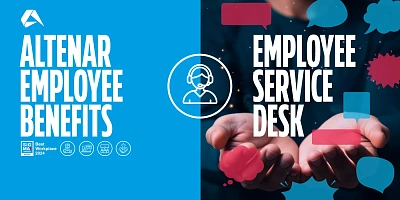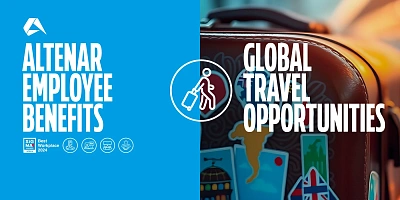In a landmark decision, the Brazilian government has set a December 2024 deadline for gaming operators to secure their licenses or face stringent penalties starting January 1, 2025. This mandate is spelled out in the newly published Normative Ordinance 827, featured in the Official Diary of the Union on May 21, 2024.
Normative Ordinance 827 outlines the essential steps for obtaining sports betting and gaming licenses in Brazil, marking the beginning of an “adjustment period” for operators. Active gaming businesses have until December 31, 2024, to align with the new regulatory framework or face the consequences. Priority will be given to applications submitted within 90 days of the ordinance's release.
This ordinance (SPA/MF No. 827/2024) is part of the Ministry of Finance's broader strategy to finalize regulations for implementing fixed-odds betting in Brazil through a four-stage process. Together, these aim to establish a foundation for legal betting activity in Brazil.
The first stage, outlined in Ordinance 827, sets out the technical, security, and payment requirements operators must follow to conduct fixed-odds betting activities within the country. Stages two, three, and four—planned for late May, June, and July respectively—will address anti-money laundering and fraud, procedures for monitoring gambling advertisements, and allocation procedures for contributions to socially responsible causes.
The Implications of Ordinance SPA/MF No. 827/2024
Brazil’s new ordinance introduces strict data and operational requirements for the iGaming industry. It mandates that all betting systems and data centers used by operators must be located within Brazil, underscoring the country’s commitment to maintaining control over betting data. Exceptions are allowed only if the data centers are based in countries that have international civil and criminal cooperation agreements with Brazil and comply with Brazil’s data protection laws.
The regulations also require operators to grant SPA inspectors full access to their systems to ensure comprehensive compliance. This pushes operators to establish local infrastructure and obtain third-party certification for their betting systems. The mandate to use the “bet.br” domain further reinforces the focus on localization.
Licenses on Hold? Potential Delays Threaten 2025 Kickoff
While some sources suggest licenses might be issued by Q4 2024 with operations starting in January 2025, others expect delays. Initial application guidelines—expected in April—were delayed. One lawyer described the timeline as "daunting," though the Ministry of Finance remains optimistic, citing a likely increase in staffing at the Secretariat of Prizes and Bets (SPA).
I expect a significant workforce expansion at the authority in the coming weeks to meet the deadline
The lawyer remarked, noting similarities with hiring surges in other sectors such as finance.
Adding to the debate, some commentators have warned that the new rules could create regulatory bottlenecks. Gaming Laboratories International, an accredited testing agency, expressed concern that a surge in applications could slow the process. A call for interest in January reportedly received 134 responses from local and international operators.
Despite current uncertainty and a lack of clarity at times, Brazil’s online betting market has immense potential. With a substantial population, the market is expected to grow by 15% annually over the coming years—a rate that could climb higher under a strong regulatory regime. Companies like Bet365, Betfair, and Betsson are rumored to be among the first likely to benefit from regulation, thanks to their international experience and compliance capabilities. However, these claims are speculative and not based on confirmed evidence.
Regulatory Challenges for International Operators
The positive news is that Brazil continues to move forward in building a regulated framework for online gambling. Once finalized, it will open up major opportunities for international companies in 2025 and beyond. To participate, foreign operators must navigate several challenges. First, they must establish a local subsidiary with at least 20% Brazilian ownership—either by a Brazilian national or by a company headquartered and managed in Brazil. Any changes in corporate control must be reported to the SPA for review.
Applicants must also demonstrate a financial reserve of at least BRL 5 million, prove operational qualifications, and submit compliance declarations certified by the Central Bank of Brazil. Approved operators will receive a five-year license, for a fee of BRL 30 million (€5.25 million), granting them the right to operate under three domain names.
Still, that’s not all. Applicants must also obtain a joint certificate from the Special Secretariat of Federal Revenue and the Attorney General’s Office of the National Treasury, proving they are registered to pay taxes in Brazil. Ongoing taxes are expected to be 12% of gross revenue, along with monthly inspection fees. All key personnel and financial beneficiaries must have clean criminal records with no history of bankruptcy, tax evasion, or embezzlement.
Severe penalties await those who violate Brazil’s online gambling laws. Offenders may receive warnings, face massive fines of up to BRL 2 billion (approx. €350.25 million), and risk having their authorization revoked. In addition, they may be banned from reapplying for up to 10 years, prohibited from bidding for public services for at least five years, and disqualified from holding lottery-related roles for up to 20 years.
Steps for Compliance Before the End of 2024
To operate legally in Brazil by the end of 2024, iGaming operators must take the following steps:
1. Understand requirements: Familiarize yourself with Ordinance 827 and upcoming ordinances to anticipate regulatory obligations.
2. Assess compliance readiness: Conduct a thorough review of operations to identify areas of non-compliance and prioritize corrective actions.
3. Build local infrastructure: Establish data centers within Brazil or ensure foreign facilities strictly comply with Brazilian standards.
4. Develop compliance policies: Implement and document internal compliance protocols aligned with regulatory guidelines.
5. Acquire essential certifications: Obtain certifications from approved third-party auditors verifying betting systems meet technical standards outlined in the ordinance.
6. Domain registration: Register and operate under a “.bet.br” domain name to meet local branding and regulatory requirements.
7. Prepare for scrutiny: Be ready to provide SPA inspectors with full access to systems for detailed compliance evaluations.
8. Submit detailed reports: Deliver comprehensive reports on technical compliance within 90 days of SPA authorization.
9. Follow phased regulations: Comply with subsequent ordinances related to anti-money laundering, licensing processes, and responsible gambling measures.
Act Now Before the Final Authorization Deadline
Starting January 1, 2025, any company operating in Brazil without SPA/MF authorization will be subject to the penalties described above. Furthermore, payment processors will be prohibited from handling fixed-odds betting transactions for unauthorized operators.
For iGaming companies that were already active when Law No. 14.790/2023 was published, authorization must be obtained by December 31, 2024. Operators were advised to file a request by August 20 to allow time for approval while satisfying all requirements under the ordinance. While applications are still being accepted, securing a license before the new regulatory regime takes effect cannot be guaranteed.
Contact Altenar today to learn more about the promising opportunities and challenges shaping the future of online gambling in Brazil and across the LatAm region!



